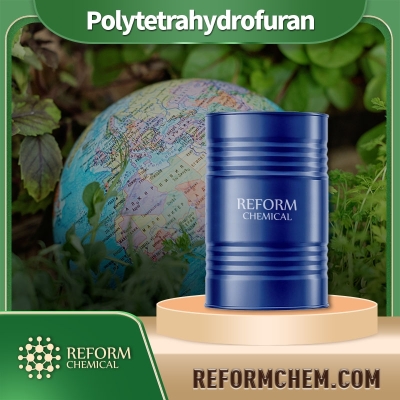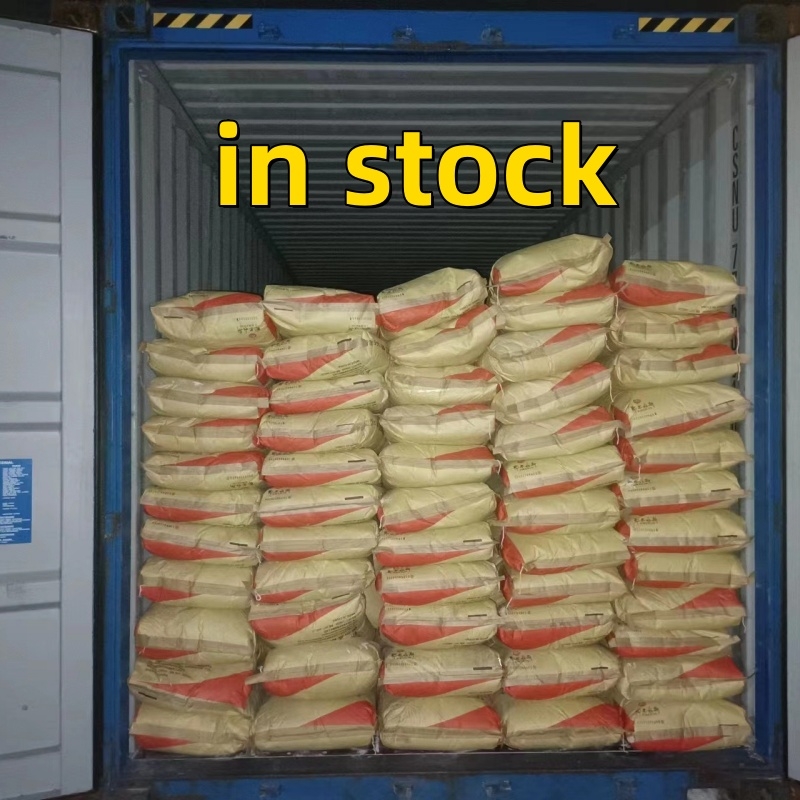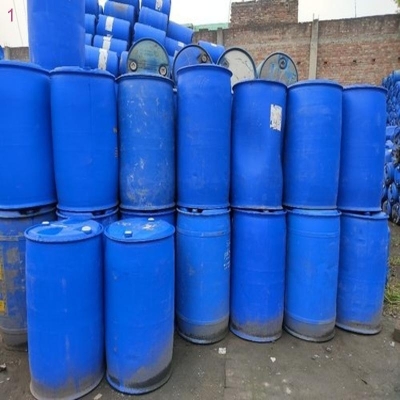-
Categories
-
Pharmaceutical Intermediates
-
Active Pharmaceutical Ingredients
-
Food Additives
- Industrial Coatings
- Agrochemicals
- Dyes and Pigments
- Surfactant
- Flavors and Fragrances
- Chemical Reagents
- Catalyst and Auxiliary
- Natural Products
- Inorganic Chemistry
-
Organic Chemistry
-
Biochemical Engineering
- Analytical Chemistry
-
Cosmetic Ingredient
- Water Treatment Chemical
-
Pharmaceutical Intermediates
Promotion
ECHEMI Mall
Wholesale
Weekly Price
Exhibition
News
-
Trade Service
Recently, the Institute of Metal Materials of Tohoku University and Hitachi Manufacturing Co.
, Ltd.
have successfully developed a new lithium battery technology
.
The new battery technology expands the range of heat-resistant lithium battery applications without the need for a cooling system like conventional lithium-ion batteries, so it may be designed as a compact battery system in the future, reducing the total cost
of production.
Conventional lithium batteries include separators, positive electrode layers and negative electrode layers, organic electrolytes in the battery, and lithium ions conduct electricity
in the middle of the two electrode layers during the charging and discharging process.
However, the organic electrolyte of traditional lithium batteries has the problem
of heat resistance.
Due to the volatile nature of organic electrolytes, the maximum operating temperature is limited to about
60 °C.
Therefore, without a cooling system, traditional lithium batteries
cannot be used in high-temperature environments.
To be applied to high temperature environments, it is necessary to develop a non-volatile solid electrolyte
.
However, the lithium ion conductivity of solid electrolytes is lower than that of organic electrolytes, so the internal resistance of all-solid-state lithium batteries must be reduced before they can be put into commercial use
.
The Institute of Metal Materials of Tohoku University in Japan has studied this new solid-state electrolysis, and the research has confirmed that the new solid-state electrolyte has high conductivity
in high-temperature environments from room temperature to 150 °C.
Recently, the Institute of Metal Materials of Tohoku University and Hitachi Manufacturing Co.
, Ltd.
have successfully developed a new lithium battery technology
.
The new battery technology expands the range of heat-resistant lithium battery applications without the need for a cooling system like conventional lithium-ion batteries, so it may be designed as a compact battery system in the future, reducing the total cost
of production.
Conventional lithium batteries include separators, positive electrode layers and negative electrode layers, organic electrolytes in the battery, and lithium ions conduct electricity
in the middle of the two electrode layers during the charging and discharging process.
However, the organic electrolyte of traditional lithium batteries has the problem
of heat resistance.
Due to the volatile nature of organic electrolytes, the maximum operating temperature is limited to about
60 °C.
Therefore, without a cooling system, traditional lithium batteries
cannot be used in high-temperature environments.
To be applied to high temperature environments, it is necessary to develop a non-volatile solid electrolyte
.
However, the lithium ion conductivity of solid electrolytes is lower than that of organic electrolytes, so the internal resistance of all-solid-state lithium batteries must be reduced before they can be put into commercial use
.
The Institute of Metal Materials of Tohoku University in Japan has studied this new solid-state electrolysis, and the research has confirmed that the new solid-state electrolyte has high conductivity
in high-temperature environments from room temperature to 150 °C.







